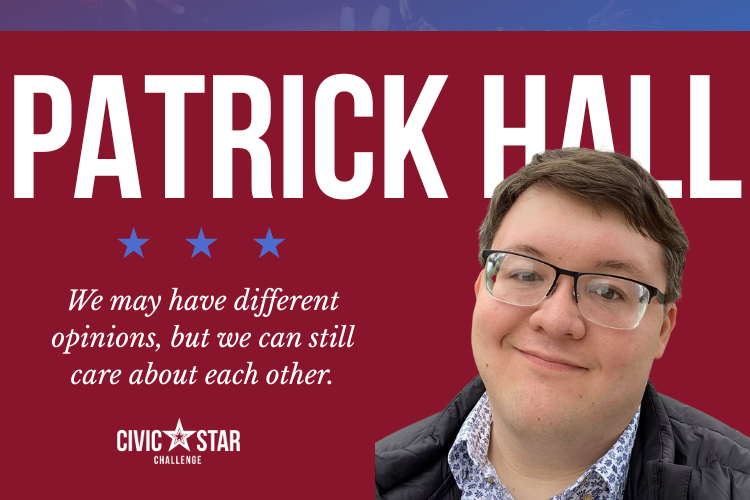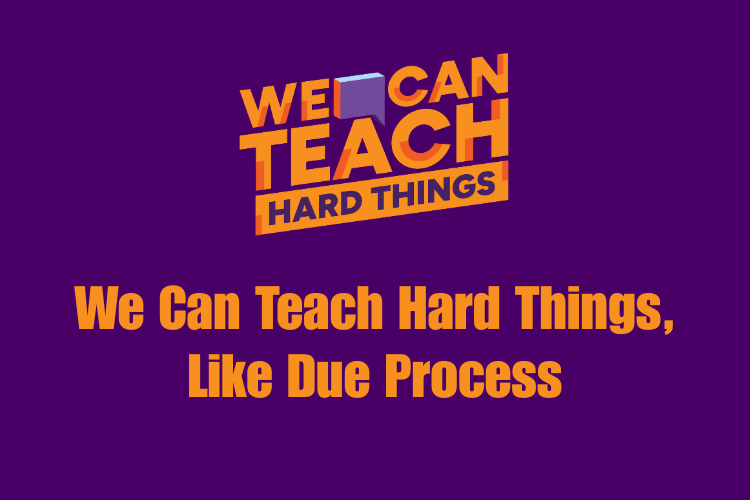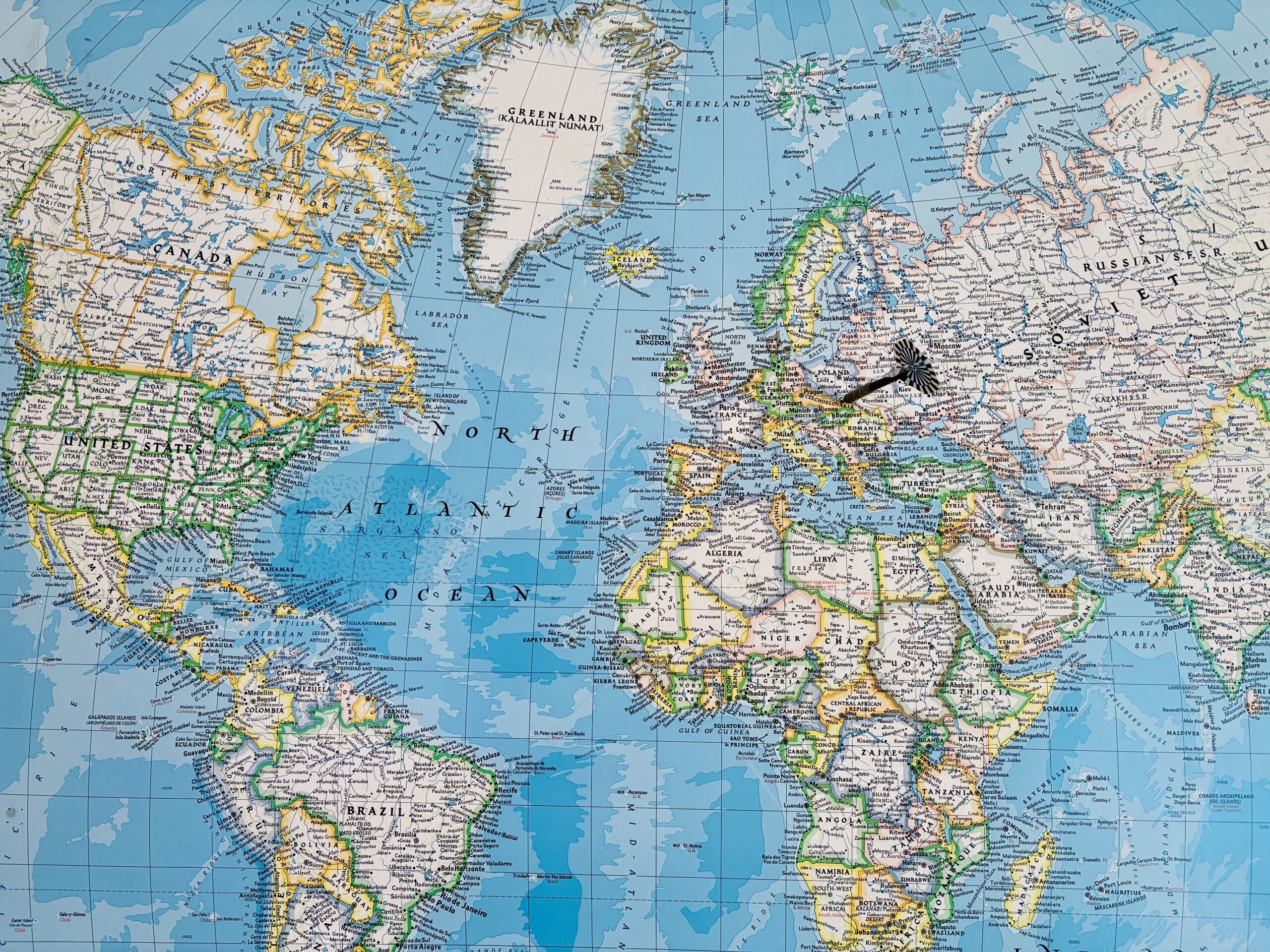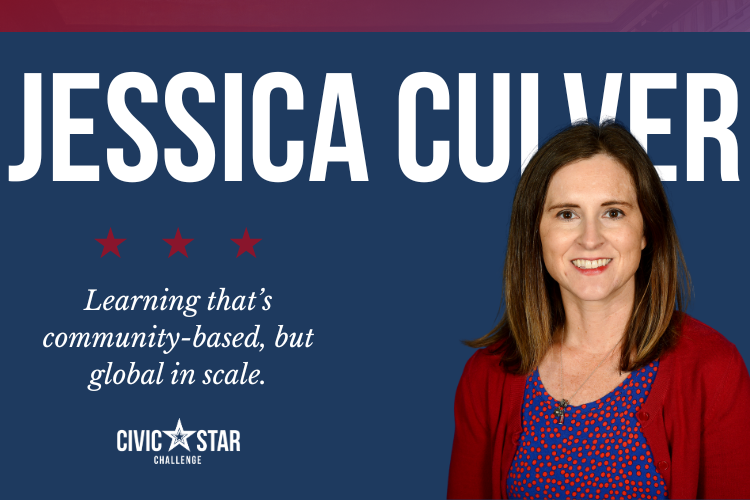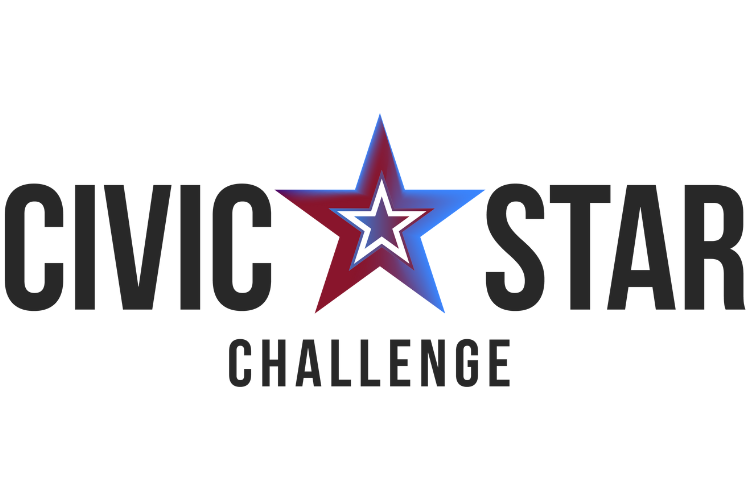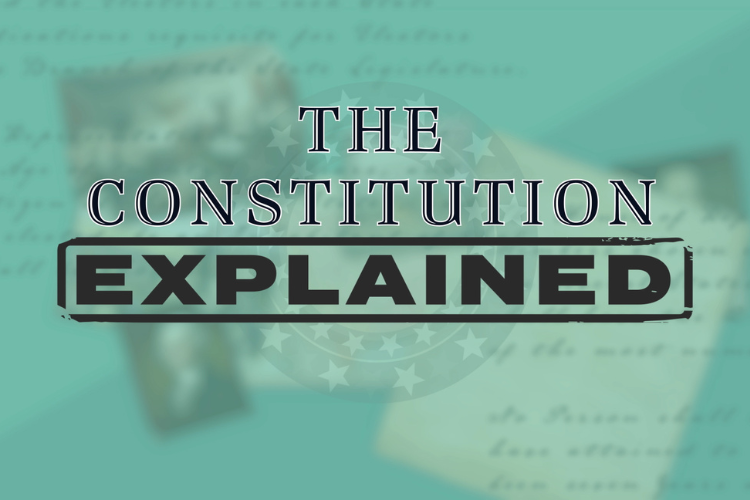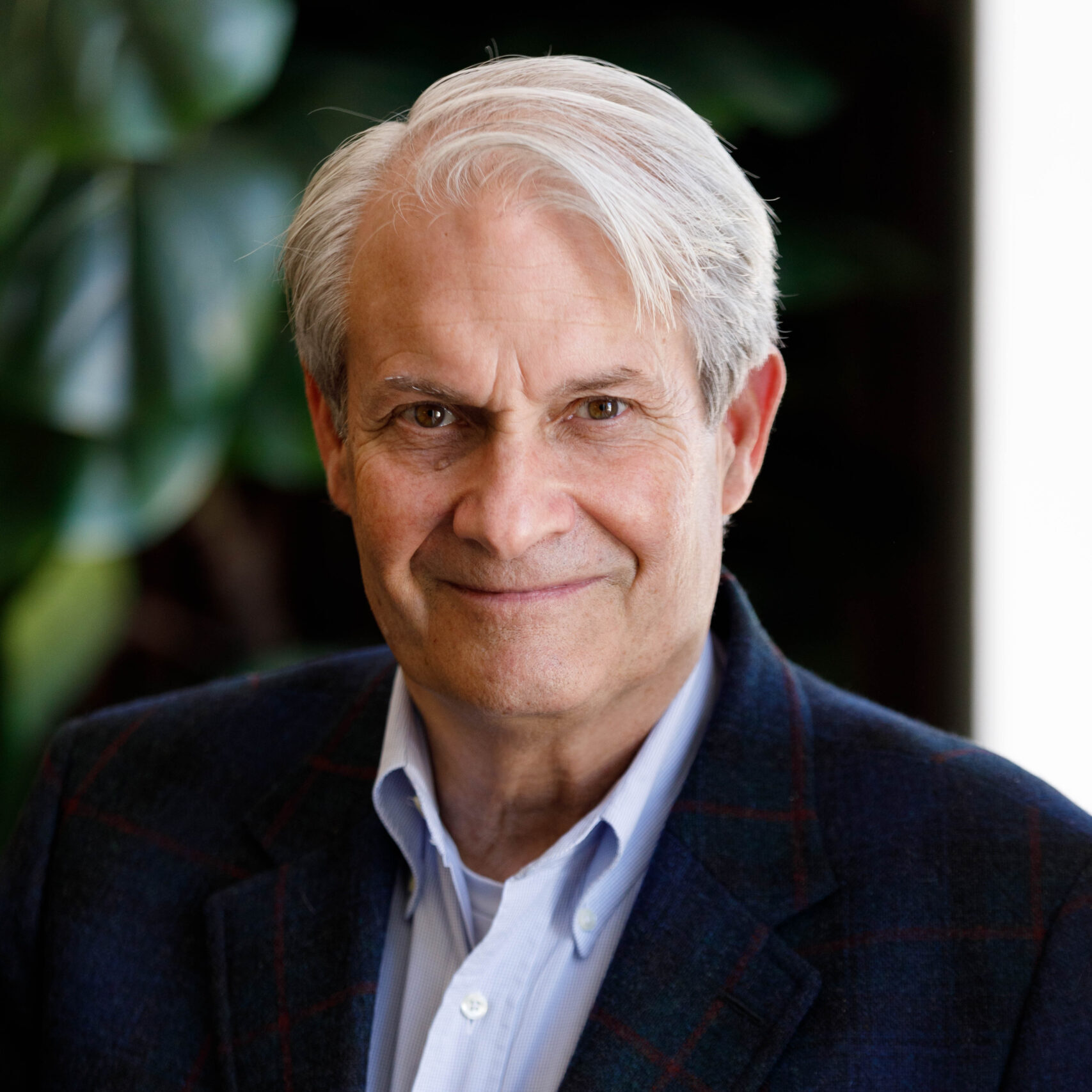This week marks the second anniversary of the passing of Justice Sandra Day O’Connor—one of the greatest civic educators our nation has known. And at this moment, on the eve of the 250th anniversary of the Declaration of Independence, her legacy feels especially urgent.
As we remember her, thousands of civics, history, and social studies educators from across the country are gathering in Washington, D.C. for the annual National Council for the Social Studies (NCSS) conference. There, we will also name the first recipient of the Sandra Day O’Connor Prize for Excellence in Teaching Civics—an award honoring a teacher whose dedication reflects the values she championed.
Justice O’Connor adored teachers. She trusted teachers. She believed teachers were the beating heart of a healthy republic—our frontline defenders of constitutional democracy.
If she were still with us, she would be thrilled to see educators gathering in our nation’s capital to sharpen their craft, support one another, and reaffirm their commitment to preparing the next generation for civic life.
Justice O’Connor’s own story makes clear why she valued this work so deeply. Raised on the Lazy B Ranch, she grew up with responsibility, grit, and a deep sense of community. Those early lessons shaped her judicial philosophy: practical, independent, consensus-driven. Throughout her public life—from pioneering service in state government to becoming the first woman appointed to the U.S. Supreme Court—she embodied the civic virtues she hoped young Americans would learn.
After leaving the Court, she dedicated herself fully to strengthening civic education nationwide. She visited classrooms, championed educators, and urged policymakers and community leaders to take civic learning seriously. She was instrumental in sparking the early conversations that eventually helped catalyze a national movement around civics renewal.
If Justice O’Connor could walk the halls of NCSS today, she would immediately recognize the passion of the educators gathered there. Yet she would also see the unprecedented challenges they face:
- culture wars that turn historical facts into political flashpoints,
- declining trust in institutions and in one another,
- the disorienting rise of artificial intelligence,
- and a civic vacuum created by decades of underinvestment.
And still, teachers show up—every day, in every state. They teach students how to debate respectfully, analyze evidence, understand our constitutional system, and see themselves as contributors to their communities. They work with students to build the critical thinking, communication, collaboration, and creative skills to navigate the democracy and economy of the AI age. They do the work Justice O’Connor dedicated her later life to advancing.
The timing could not be more urgent. The kindergartners who entered school this fall will graduate in 2038—the 250th anniversary of the Constitution’s ratification. They are the “A250 generation,” coming of age amid historic levels of technological disruption and political division. What they learn about democracy today will shape the country they lead tomorrow.
The 250th anniversary of the Declaration of Independence in 2026 gives our entire nation a once-in-a-generation civic moment. Across the country, America250 commissions, museums, cultural institutions, tribal nations, and community organizations are preparing programs to reconnect young people with our founding principles and with the full, plural story of who we are.
Justice O’Connor believed every young person—regardless of geography, background, or politics—deserved access to high-quality civic learning. That is a worthy rallying cry this week especially.
As NCSS educators gather in Washington, as communities across the country prepare for the 250th anniversaries, and as we reflect on two years without her, it is clear that we must carry her mission forward by supporting civics—and supporting civics teachers.



